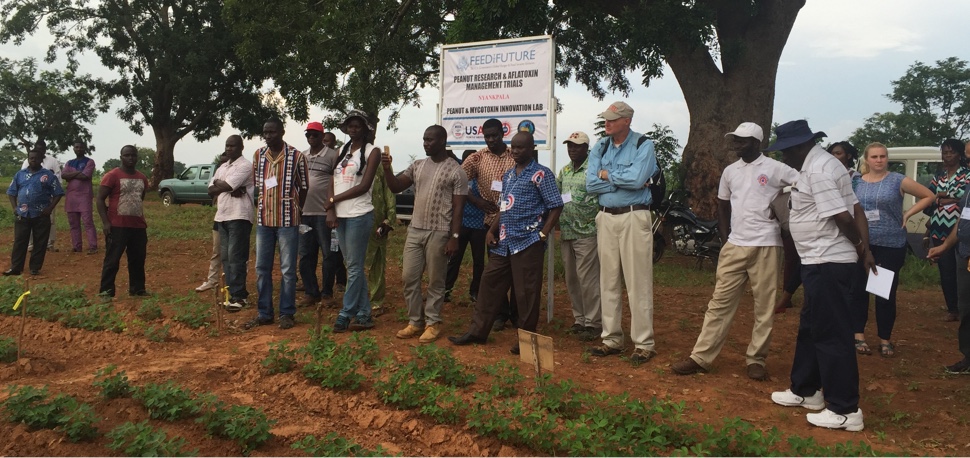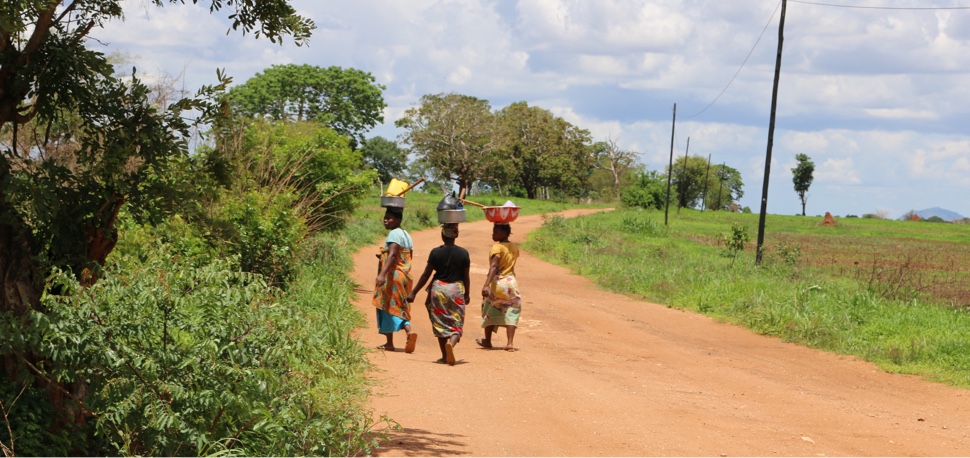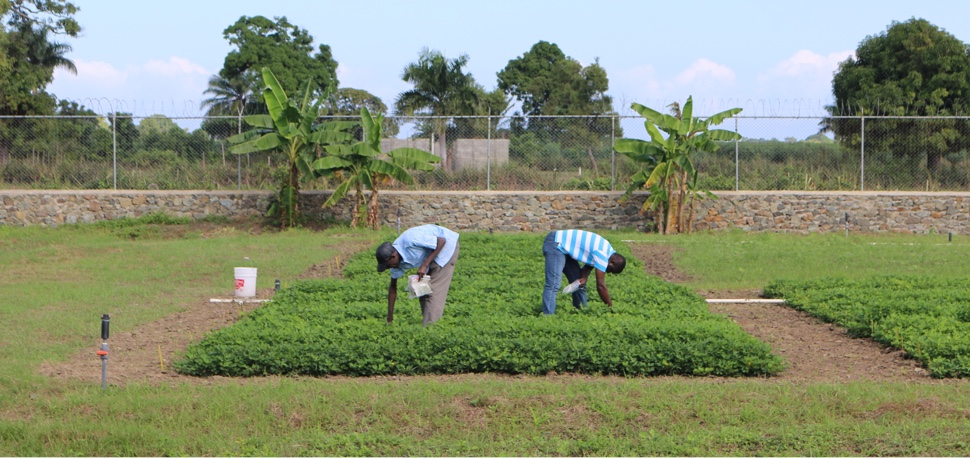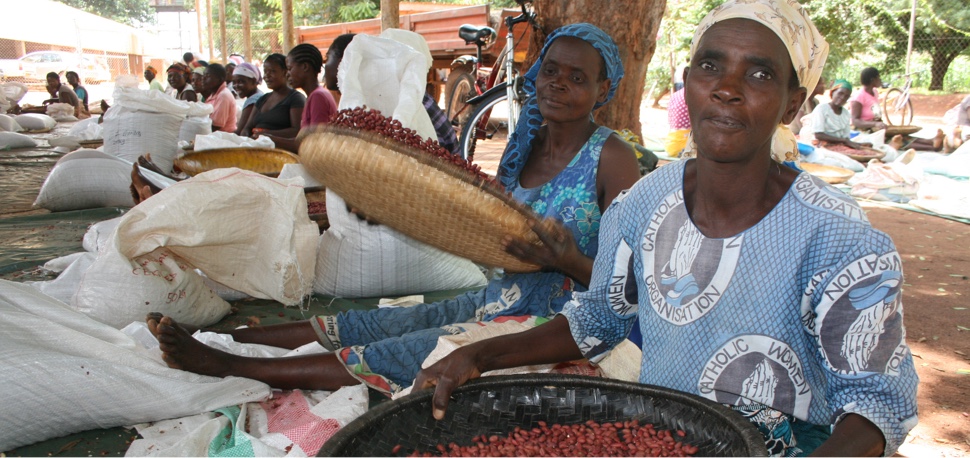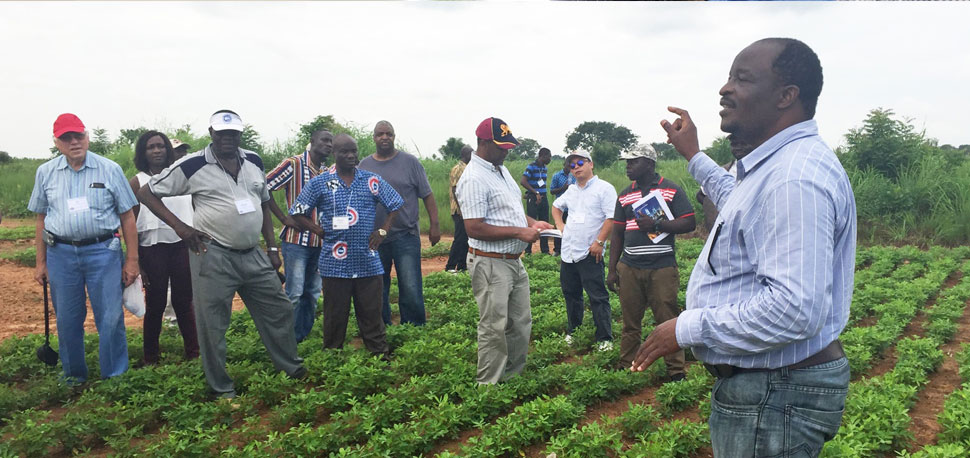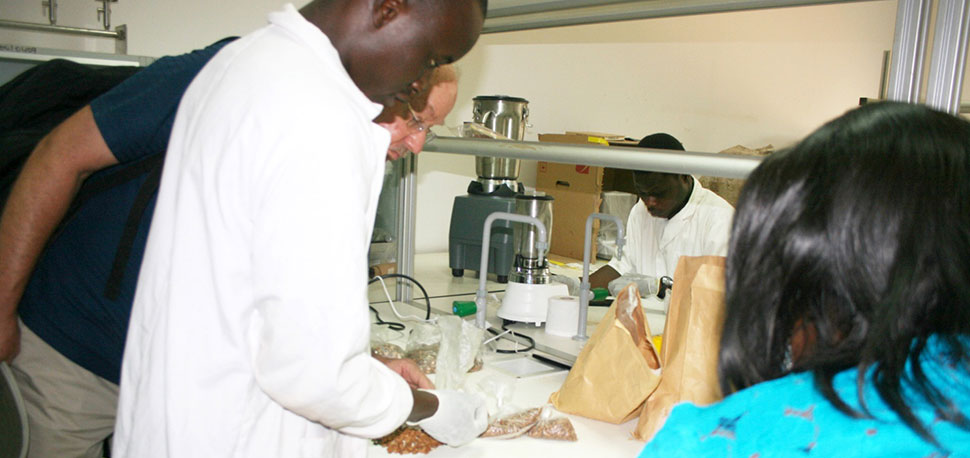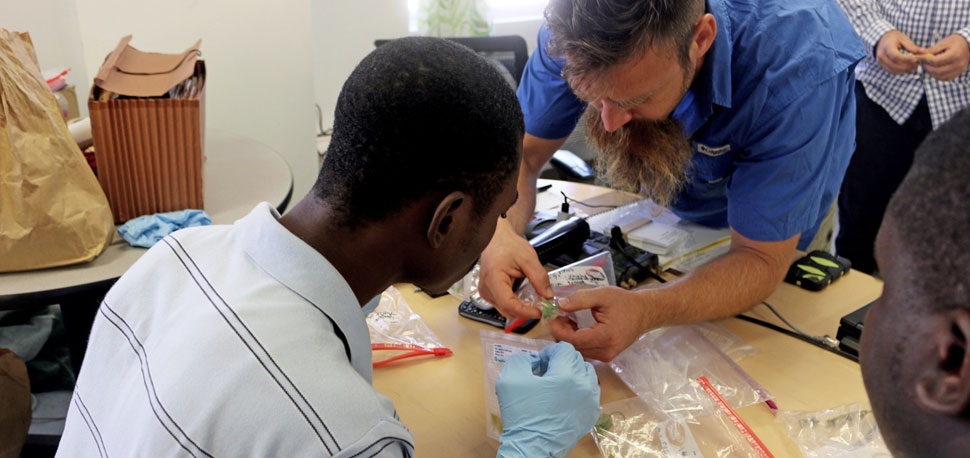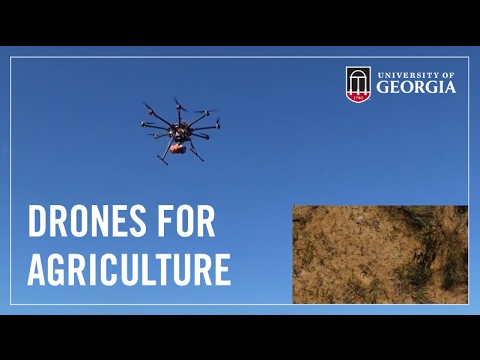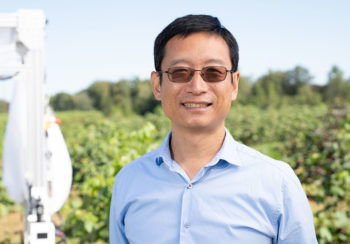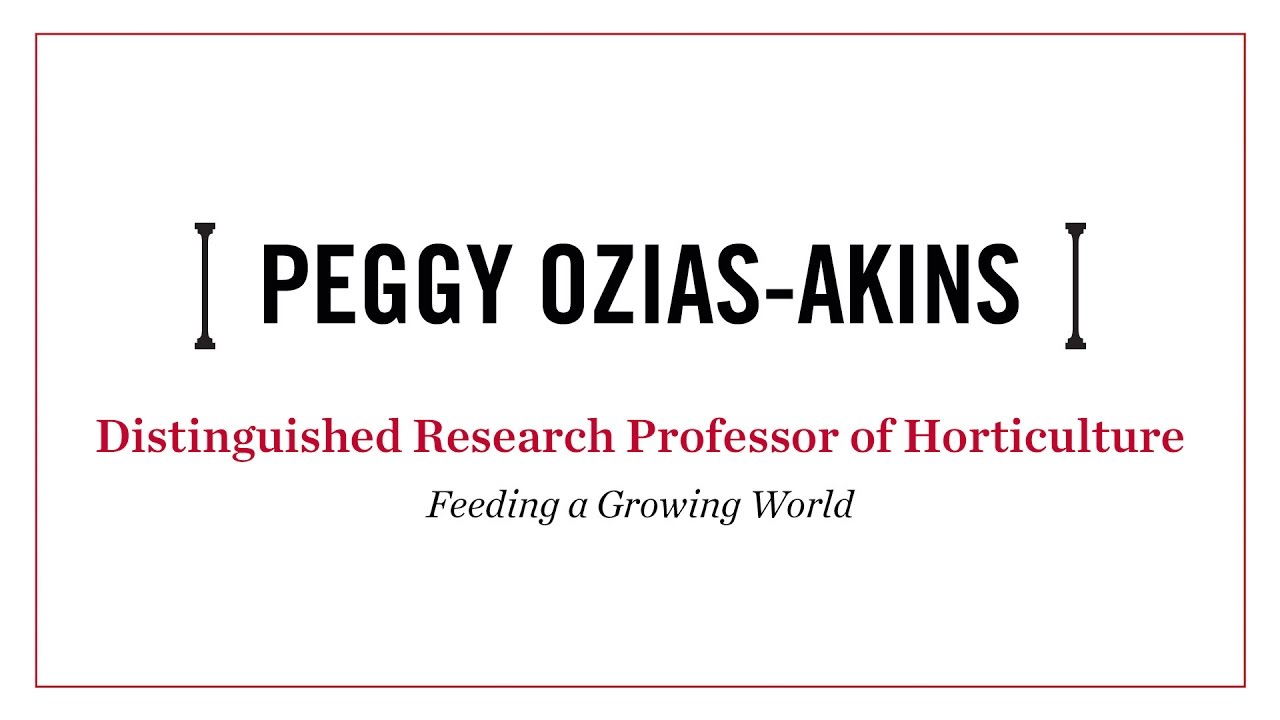An important crop in Georgia’s economy, peanuts also provide valuable and novel insights into the molecular building blocks of plants.
“The peanut is a recently evolved crop,” says Ozias-Akins, who directs Georgia’s Institute of Plant Breeding, Genetics and Genomics. “The more we learn about the peanut genome and variations that do or do not exist, the more we have an idea of how to target specific DNA for selection or editing.”
This has critical implications for the state and larger global communities as Ozias-Akins and her team work to improve this nutrient-rich food. A major crop in Africa, India, and China, peanut is vital for feeding the malnourished in developing countries because of its high levels of vitamins, minerals and healthy fats.
“The research we’re doing to improve plant varieties increases environmental and economic sustainability of the peanut in Georgia and the world.”
– Peggy Ozias-Akins, Director, Institute of Plant Breeding, Genetics and Genomics
A growing concern, however, is mycotoxins: fungi that invade peanut seeds, producing carcinogenic substances in mature peanuts that can cause chronic or occasionally acute health problems in those who consume them. While the U.S. is equipped to screen for mycotoxins, it’s challenging in many parts of the world that lack resources and the necessary technology.
Researchers at Georgia have determined that plants with lower stress levels are less susceptible to mycotoxins. Irrigation is one way to reduce stress, but in developing countries, a dependable water source isn’t always a given.
That is why Ozias-Akins is working with Georgia’s federally funded Peanut Innovation Lab to determine new ways to address mycotoxin contamination on a genetic level. Her findings could help farmers grow consistently viable food, free from the toxic fungi.
“We need to produce food in a more sustainable manner, which means we have to increase the amount of food we produce per amount of land,” she says. “It has to be sustainable, environmentally and economically.”
With this valuable work, Ozias-Akins is tackling the challenges that come with feeding a growing population, and true to Georgia’s mission, she’s sharing her findings with local and global agricultural communities.
“We’re a strong land-grant institution with one of the best agriculture schools in the country,” she says. “The research we’re doing to improve plant varieties increases environmental and economic sustainability of the peanut in Georgia and the world, ensuring continued availability of this affordable and nutritious food.”
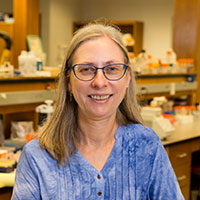
About the Researcher
Peggy Ozias-Akins
Director, Institute of Plant Breeding, Genetics and Genomics
Department of Horticulture
College of Agricultural & Environmental Sciences




